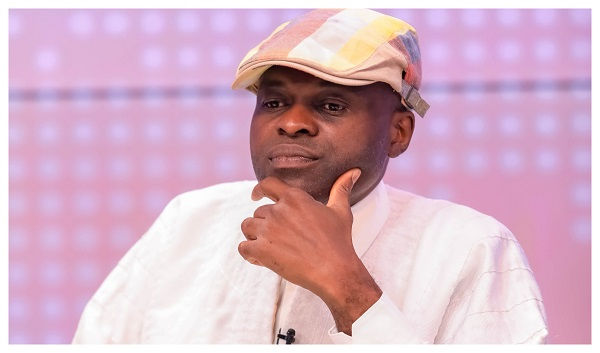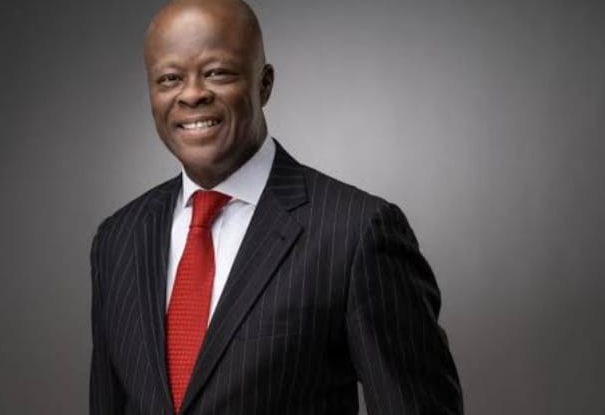Nigeria Reports Significant Balance of Payments Surplus

Nigeria's economy has demonstrated a remarkable turnaround in its external finances, marked by a Balance of Payments (BOP) surplus of $6.83 billion for the 2024 financial year, according to the Central Bank of Nigeria (CBN). This figure represents a significant improvement compared to the deficits of $3.34 billion in 2023 and $3.32 billion in 2022. The CBN attributes this positive shift to the impact of wide-ranging macroeconomic reforms, stronger trade performance, and renewed investor confidence.
The BOP reflects the country’s financial transactions with the rest of the world, measuring the inflow and outflow of money. The surplus indicates that more money flowed into Nigeria than out, a development the CBN views as a testament to the effectiveness of its policies.
A key factor contributing to this surplus is the current and capital account, which recorded a surplus of $17.22 billion in 2024. This was underpinned by a goods trade surplus of $13.17 billion. Notably, petroleum imports saw a decline of 23.2% to $14.06 billion, while non-oil imports fell by 12.6% to $25.74 billion. On the export side, gas exports rose significantly by 48.3% to $8.66 billion, and non-oil exports increased by 24.6% to $7.46 billion.
Remittance inflows have also played a crucial role, remaining resilient with personal remittances rising by 8.9% to $20.93 billion. International Money Transfer Operator (IMTO) inflows surged by 43.5% to $4.73 billion, up from $3.30 billion in 2023, indicating stronger engagement from the Nigerian diaspora. Official development assistance also rose by 6.2% to $3.37 billion.
The financial account showed a net acquisition of financial assets totaling $12.12 billion. Portfolio investment inflows more than doubled, increasing by 106.5% to $13.35 billion. Resident foreign currency holdings grew by $5.41 billion, reflecting stronger confidence in domestic economic stability. However, foreign direct investment fell by 42.3% to $1.08 billion.
Nigeria’s external reserves increased by $6.0 billion to $40.19 billion by year-end 2024, bolstering its external buffer. Furthermore, net errors and omissions narrowed significantly by 79.5% to negative $5.10 billion in 2024, down from $24.90 billion in 2023, reflecting substantial improvements in data availability and capture, enhancing data accuracy, transparency, and overall reporting integrity.
CBN Governor Olayemi Cardoso emphasized that the positive turnaround in Nigeria's external finances is evidence of effective policy implementation and a commitment to macroeconomic stability. He highlighted the liberalization and unification of the foreign exchange market, a disciplined monetary policy approach to managing inflation and stabilizing the naira, and coordinated fiscal and monetary measures as contributors to enhanced competitiveness and investor sentiment.
Since assuming office in 2023, President Bola Tinubu has implemented economic reforms, including ending petrol and electricity subsidies and devaluing the naira currency, aimed at boosting Nigeria's economic output. The government is also focused on overhauling the state oil firm and tax system to boost revenue and efficiency.










